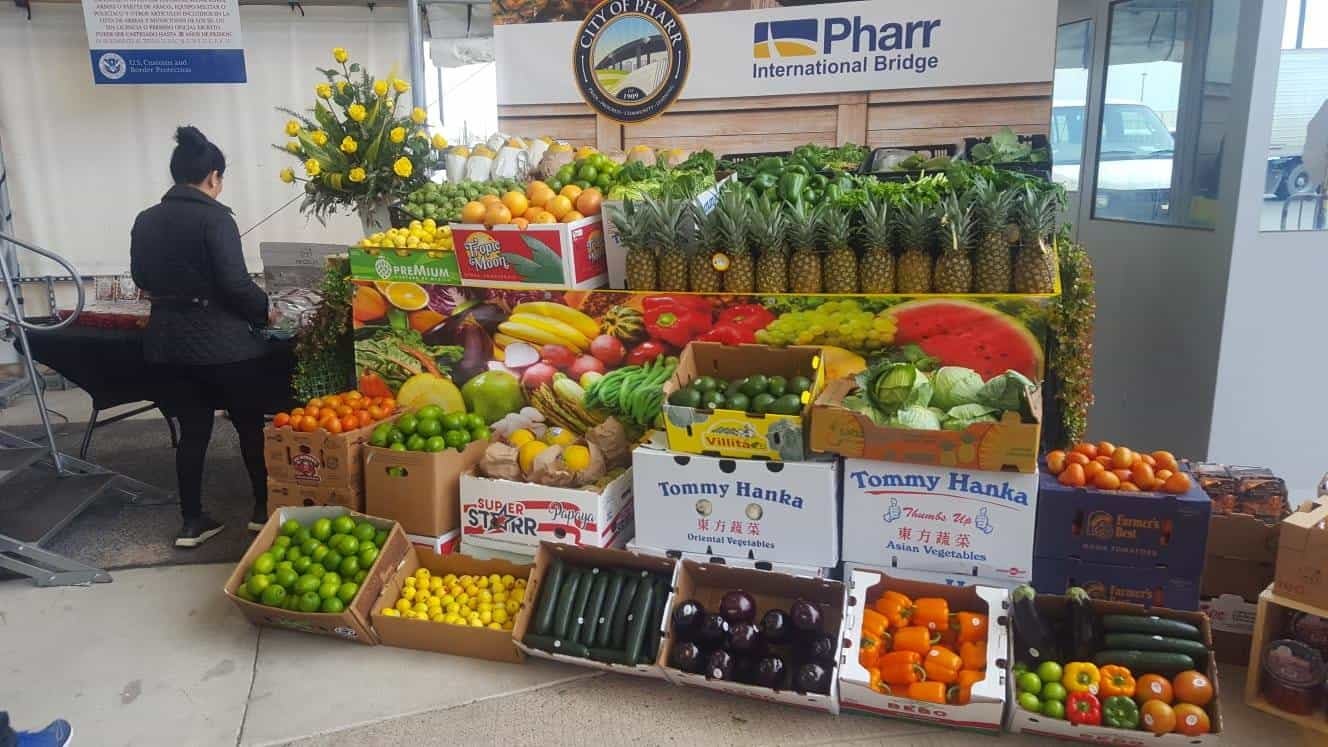Texas Gov. Greg Abott recently signed a bill aiming to speed up the inspection process for trucks carrying fresh produce across ports-of-entries along the Texas-Mexico border.
Texas House Bill 2155, which goes into effect September 1, reauthorizes a 2015 program allowing the Texas Department of Agriculture (TDA) to award grants totaling $750,000 over the next two years to select organizations to pay for the hiring and overtime of U.S. Customs and Border Protection (CBP) officers performing inspections on fresh produce imports from Mexico.
The program then allows cities and private companies that paid CBP for overtime to receive reimbursement from the federal government, or use the grant money to reimburse the CBP.
“It is important that we efficiently and safely move perishable goods through our ports of entry to keep the cost of produce low for Texans while boosting the economy by encouraging trade with Mexico,” said State Rep. Bobby Guerra, (D-McAllen), who authored and helped pass the bill.
The value of U.S. imports of fresh fruits and vegetables from Mexico was $12.1 billion in 2018, according to the U.S. Department of Agriculture (USDA). Trade statistics from the USDA also show that U.S. imports of fresh produce from Central American countries was $2.94 billion in 2018.
Since the program was created in 2015, it has been used at several bridges, including the Pharr-Reynosa and Anzalduas international bridges along the Texas-Mexico border.
The bill could also address staffing shortages that have led to increased border-crossing delays in markets like El Paso.
Following the relocation of 750 CBP officers to immigration duties by the Trump Administration in April, wait times (WAIT.ELP) to load trucks in El Paso increased 15.19 percent year-to-date and 31.08 percent since April 1, to an average of 4.5 hours per load. This information comes from the FreightWaves SONAR platform.

SONAR Tickers: WAIT.ELP, OTRI.ELP
El Paso is the nation’s fourth-largest truck-crossing zone, with around 2,600 commercial trucks using El Paso’s ports of entry every day, bringing in an estimated $121 million in cargo daily.
Despite the excessive wait times forcing carriers to avoid the market, El Paso is still a slight headhaul market (HAUL.ELP) at 3.29 although outbound tender volumes (OTVIY.ELP) have decreased 27.86 percent year-over-year and 27.09 percent in just the last week (OTVI.ELP).











Jimmy Wells
I have a better idea. Grow your own and can what’s left for the Winter. Stop paying invaders to run our nation via “trade” and “economy”.